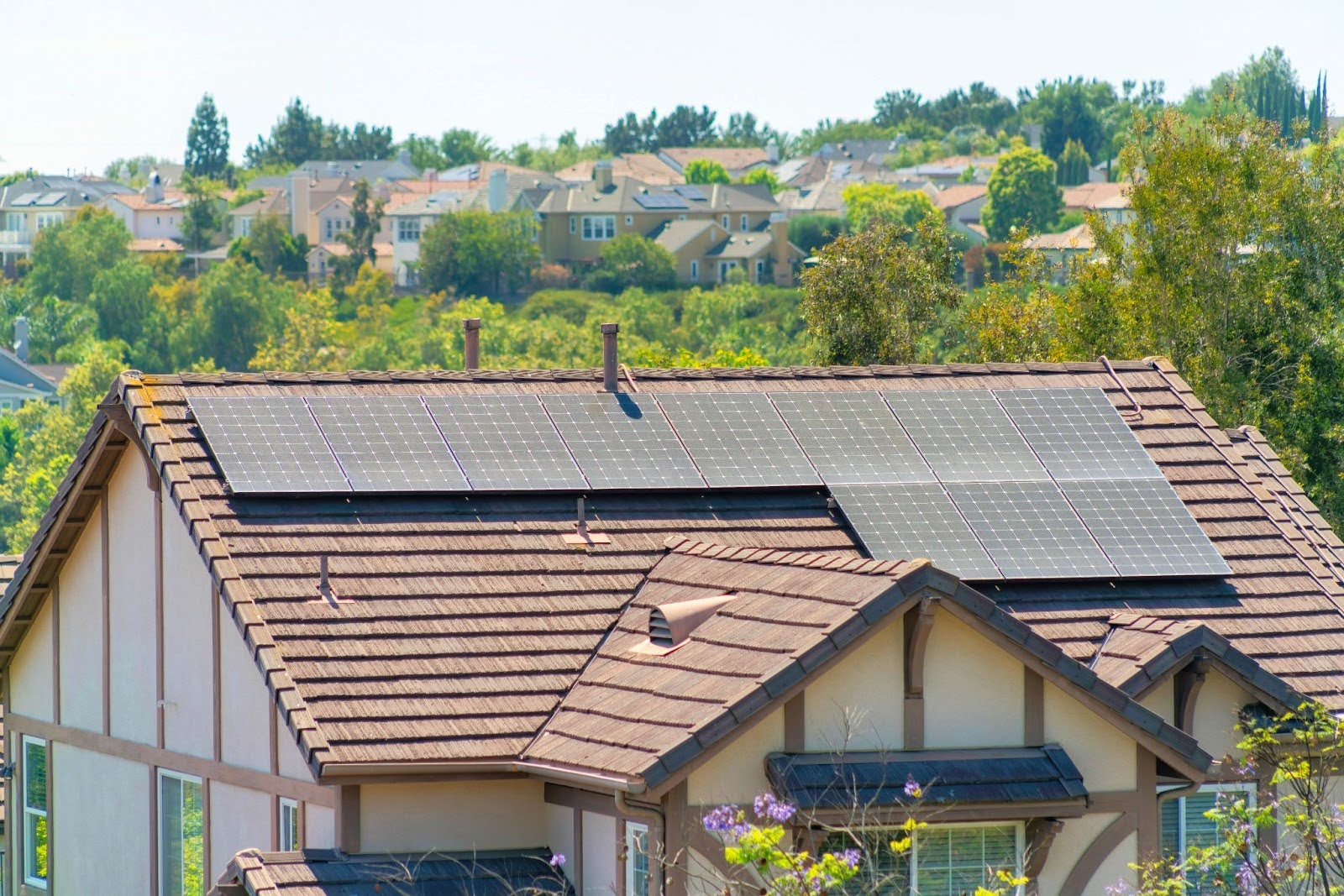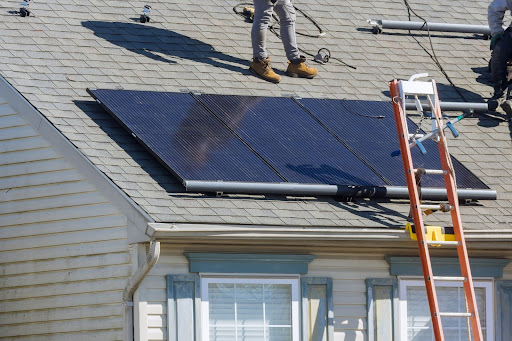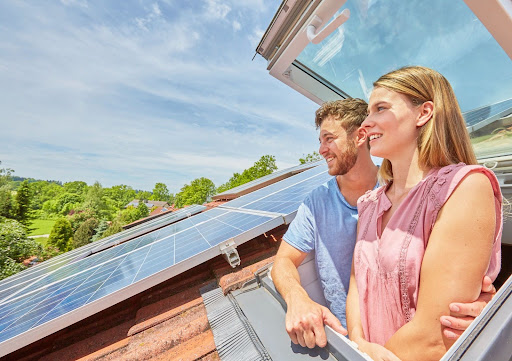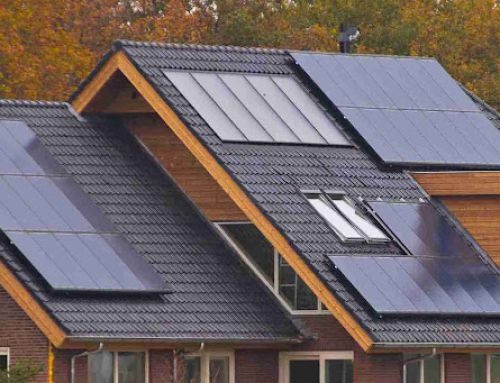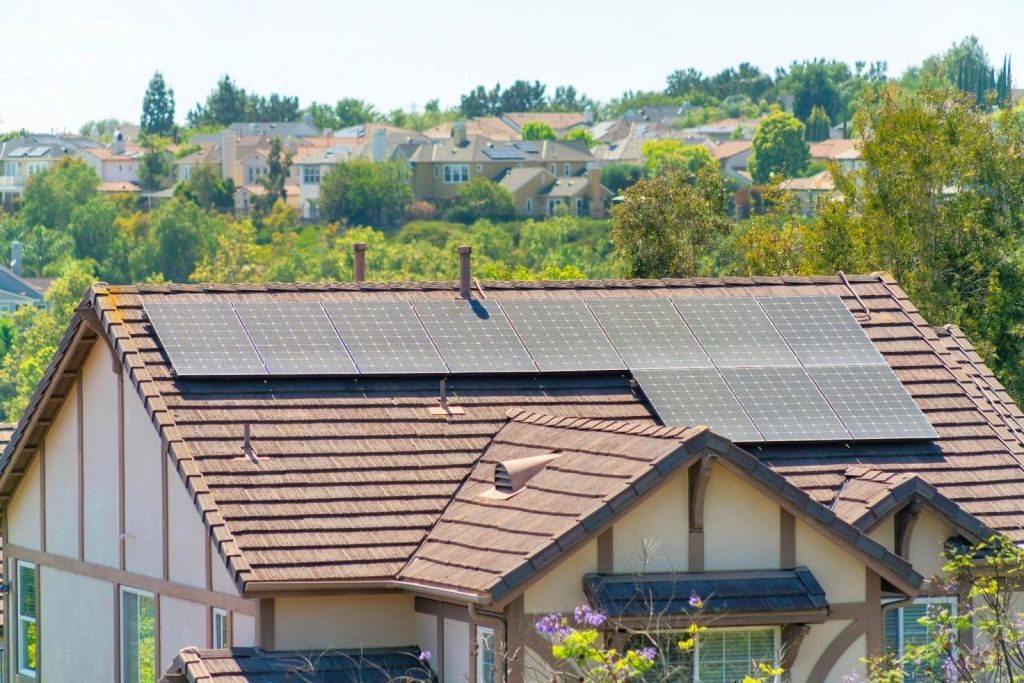
Summary:
High electric bills make solar appealing in Florida, but many homeowners worry about the cost. This article breaks down Florida solar financing options, explains how loans and incentives work, and shows how families can go solar while keeping monthly payments affordable.
Florida homeowners are tired of watching their electric bills climb higher every month. Living in one of the sunniest states should mean lower energy costs, right? The math makes sense: lots of sunshine plus expensive electricity bills equals a great chance to go solar.
But here’s where many people hit the brakes. Solar panels cost real money upfront. Most quality systems run between $15,000 and $30,000. That’s a big chunk of change for any family.
Here’s the good news: you don’t need a pile of cash sitting in your savings account. There are several ways to pay for solar panels that work for regular families looking to start saving money on their electricity bills. Whether you’re just beginning to research residential solar in Florida or ready to move forward, understanding your financing options is the first step toward energy independence.
Can Solar Systems Be Financed in Florida?
Yes, you can definitely finance solar panels. Banks and other lenders have figured out that solar panels are a smart investment. They save you money and make your house worth more.
You have a few different ways to borrow money for solar:
Solar loans come in two types. Some use your house as backup (secured loans), which means lower monthly payments. Others don’t need your house as backup (unsecured loans) but you get approved faster.
Home equity loans let you borrow against the value you already have in your house. Since your house backs up the loan, you usually get better interest rates.
Solar leases and power agreements work differently. Instead of owning the panels, you rent them or buy the electricity they make. You get predictable monthly payments without worrying about fixing anything when it breaks.
PACE financing is special for Florida homeowners. You pay back the money through your property tax bill. If you sell your house, the payments stay with the house instead of following you around.
Is It Worth Getting a Loan for Solar?
The math usually works out pretty well. Sure, paying cash up front saves you the most money in the long run. However, most families don’t have $20,000 lying around.
Here’s what typically happens: your loan payment might be $150 per month, but your electric bill drops by $180. You’re already saving $30 every month from the very first day. As your electric company raises rates every year, that gap gets even bigger.
The federal government also helps out. You get back 30% of what you spend on solar when you do your taxes. On a $20,000 system, that’s $6,000 back. Many families use this money to pay off their solar loan immediately.
Solar loan rates have improved significantly over the years. Many companies offer rates comparable to those for other home improvements. Lenders know that solar panels rarely lose value and typically increase a house’s worth. Learn more about the downsides of solar panels and how to avoid them to ensure your solar investment works perfectly for your situation.
How Easy Is It to Qualify for Solar Financing?
Getting approved for solar financing has become easier, but your credit score still plays a significant role. Most banks require a credit score of 650 or higher. The best deals usually go to people with scores above 700.
Banks look at more than just your credit score, though. They want to know how much debt you already have compared to your income. They also check your job history and the value of your house, if you’re using it as collateral for the loan.
Some programs are available to people with not-so-great credit. PACE financing cares more about whether you pay your property taxes on time than your credit card history. Some lenders offer special solar programs that are easier to qualify for as well.
Your house matters as well. Banks want to ensure your roof can handle solar panels and that you receive sufficient sunlight to make the investment worthwhile. Any reputable solar company will inspect these items during their visit to your house.
Does Florida Pay for Solar Panels?
Florida doesn’t write you a check for buying solar panels, but the state does help you save money in other ways.
The most significant help comes from the federal government. You get back 30% of everything you spend on solar panels and installation when you file your taxes. This deal lasts through 2032.
Florida gives you two nice breaks. First, you don’t pay Florida’s sales tax on solar equipment. That saves you 6% right off the bat. Second, when solar panels make your house worth more money, Florida won’t raise your property taxes because of it.
Your electric company must buy back the excess electricity generated by your panels. On sunny days when you make more power than you use, your electric meter runs backward. You receive credit for the extra electricity you use on cloudy days or at night.
Some electric companies offer additional rebates, but these vary significantly across Florida. They also run out of money fast, so you have to move quickly if they’re available.
How a Local Solar Installation Contractor Can Help
Working with a good Florida solar company makes getting financing much easier. Guardian Home is familiar with the local market and collaborates with multiple lenders. This means you get access to better deals that you might not find on your own.
A competent contractor will look at your specific situation. They assess how much electricity you use, the condition of your roof, and your financial goals. Then they can show you exactly how different loan options affect your monthly budget and long-term savings.
Good contractors also handle all the paperwork headaches. They deal with your electric company, get the proper permits, and help you claim all the tax breaks and savings you deserve. This saves you a significant amount of time and stress.
Many contractors also monitor your system after it’s installed and repair issues when they arise. Having someone you trust already lined up beats scrambling to find help when something goes wrong years later.
Making Solar Work for Your Budget
Solar financing has changed the game. What was once reserved for wealthy families is now something that most Florida homeowners can afford. With all these different ways to pay, the real question isn’t whether you can afford solar. It’s about finding the payment plan that works best for your family.
Between the federal tax break, Florida’s tax savings, and reasonable loan rates, many families start saving money right away. Electric rates continue to rise annually, while solar technology improves. Waiting usually costs you more than just getting started.
Ready to explore how solar financing can work for your Central Florida home? Schedule a free consultation to discuss your options and get a personalized analysis of potential savings. Your journey toward energy independence might be more affordable than you think.
Frequently Asked Questions About Solar Financing in Florida
Can I pay off my solar loan early without penalties?
– Most solar loans let you pay them off early without extra fees, but double-check with your lender to be sure. Many families use their federal tax credit money to make a big payment in the first year. This reduces the time they have to make payments and the total amount of interest they pay. Some people even pay off the whole loan with their tax credit if they owe enough taxes.
What happens to my solar loan if I sell my house?
– Most solar loans stay with you when you move, not with the house. But here’s the thing: solar panels usually make your house worth enough extra money to cover what you still owe on the loan. Some buyers might even agree to take over your solar loan payments, especially if the monthly payment is less than what they’d save on electricity.
What if my solar panels don’t generate as much electricity as they’re promised to?
– Good solar companies promise that your panels will generate a certain amount of electricity and use computer systems to track their performance. If your panels don’t work correctly due to equipment problems or improper installation, warranties typically cover fixes or replacements. Some financing programs also protect your loan payments if your panels make way less electricity than expected.
How long do solar loans typically last?
– Solar loans typically range from 10 to 25 years, with most people opting for a term between 12 and 20 years. Longer loans mean smaller monthly payments, but you pay more interest overall. Most families choose 12 to 15 years to keep costs reasonable, without incurring interest for an extended period.
Can I refinance my solar loan later?
– Yes, you can refinance solar loans just like other loans. If interest rates drop or your credit improves, refinancing may lower your monthly payments. Some people also switch to home equity loans later because they may be able to secure better rates, and the interest could be tax-deductible.

